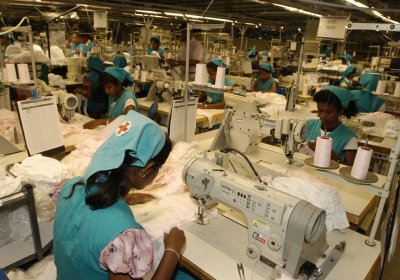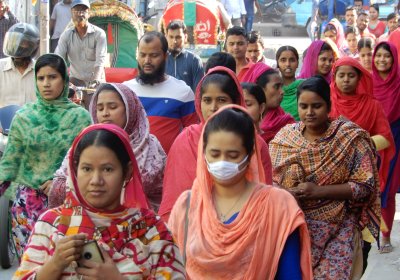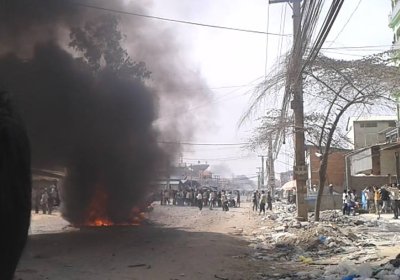Indonesia’s President Prabowo Subianto remains a loyal servant of United States imperialism, as his recent phone call to Donald Trump makes clear, reports Peter Boyle.
garment workers
Women’s Centre leader Padmini Weerasuriya discusses the unfolding Gota Go Gama popular uprising and women workers’ struggles in Sri Lanka.
In the backstreets of Dhaka’s Mirpur precinct, towards the end of lunch time on a Friday, streams of garment workers make their way back towards the gates of the factories where they produce clothing for the Global North for as little as 39 cents an hour. These workers are the unseen faces behind the ridiculously low price tags attached to clothing marked “Made in Bangladesh” in discount department stores around the world, writes Paul Gregoire.
Calls to stop a government crackdown on trade unionists and garment workers in Bangladesh have paid off as the 35 activists who were arrested in a series of December raids have been released.
However, major problems remain in the country’s garment industry as the government neglects to fully comply with its labour and human rights commitments.
An estimated 700,000 Cambodian garment, accessories and footwear workers (90% of whom are women) are among the lowest paid in this globalised industry. They produce fashionable products sold at high prices in the West under big brand names like Gap, Walmart, H&M, Puma, Nike, Adidas, Columbia and Levi Strauss. Major Australian retailers that source garments from Cambodia include Coles, Kmart, Target, Big W and Pacific Brands.






